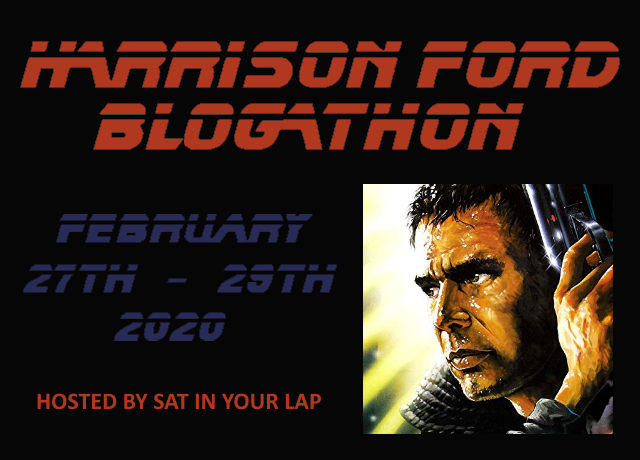
I Always Feel Like, Somebody’s Watching Me
The Conversation revolves around just that, a conversation between a man and a woman which is secretly recorded in San Francisco’s Union Square by Harry Caul (Gene Hackman) and his team as a paid job for a private interest. Watching The Conversation decades after the fact, it’s surprising to see that such long-range microphones which can record conversations from afar and even in crowded places existed, let alone were commercially available in 1974, while it’s also of great interest to watch the process depicted in the film of editing together the audio from different sources without the aid of a computer screen. It goes without saying that in a post 9/11, post Edward Snowden world, The Conversation is more scarily relevant than ever.
Harry Caul (Gene Hackman) is the personification of a paranoid man in one of the most effective portrays of a crisis of conscience in film. If you’re in the business of spying on people, it’s difficult to believe people are not spying on you, even to the point that the man can’t even bear one of his neighbours delivering him a present on his birthday. Unlike an Edward Snowden, Harry Caul does not work for the government but the movie hints that he has been hired by them before. Harry’s assistant Stan (John Cazale) even speculates the tapes Harry is editing could be for the Justice Department or the Internal Revenue. However, the most “out there” moment in the film comes when Harry’s associate Bernie (Allen Garfield) states: “Twelve years ago, I recorded every phone call made by the presidential nominee of a major political party…I’m not saying I elected the President of the United States, but you can draw your own conclusions.” Francis Ford Coppola had been writing The Conversation since the late 1960’s however it’s not determined whether the Watergate scandal had any influence on the film’s development, but you can draw your own conclusions.
Perhaps the most unsettling section in The Conversation is the surveillance convention – a convention where the subterranean world of wiretappers come together to showcase their Orwellian recording technology with the pomp and flair of any business expo. As Martin Stett (a certain young Harrison Ford) sinisterly sums it up, “It’s a convention of wiretappers, ah excuse me, surveillance and security technicians”.
Ah yes, let’s talk about the young Harrison Ford in the supporting role of Martin Stett. Perhaps I may be biased being a huge Harrison Ford fan but he leaves a huge impression in this small but significant part in which he does have a surprising amount of screen time for this early stage in his career. According to Coppola on the director’s commentary track, the character was Ford’s own creation. Originally no more than a cameo, the character’s role was expanded as much as possible when Ford fleshed it out, turning the character into an implied homosexual with his campy checkered tie and sweater, in an implied relationship with the company director played by Robert Duvall. Martin Stett is like a predecessor to the 1980’s yuppie and is one scary looking dude when he lingers in the background – even his voice over the phone is unsettling. I’m unable to discover whether or not more footage of Ford ended up on the cutting room floor. However included on the Blu-ray release of The Conversation is an early screen test from 1972 in which a young and dashing Ford plays the role of Mark, which a part which would eventually be portrayed by Frederic Forrest.
Being a film about sound itself, The Conversation couldn’t be a more ideal match for the editing and sound design talents of the great Walter Murch. Like his work in Apocalypse Now, the sound effects are as memorable as the music, particularly that audio distortion noise that repeats during the film’s titular conversation. Likewise, the eerie, ragtime-esque music score courtesy of David Shire shows what you can do with just a piano – the ideal accompaniment to the gritty 70’s look amongst the film’s oppressive yet striking architecture and a slightly drab-looking winter San Francisco (The Conversation is one of those film’s set during Christmas which has no bearing on the holiday). Even the camera acts as an eavesdropper with the film’s use of voyeuristic shots.
“We know that you know, Mr. Caul. For your own sake, don’t get involved any further. We’ll be listening to you.”

